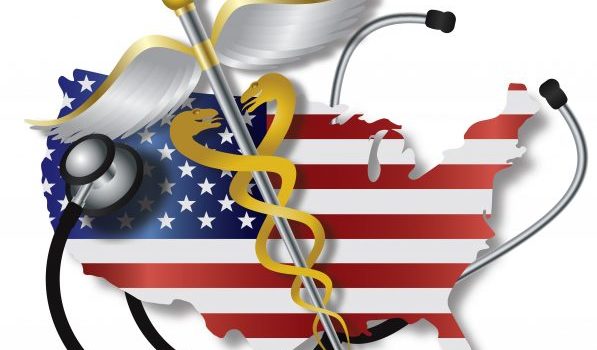Vermont is aiming to lower incidence of opioid addiction by putting new restrictions on prescribers. For starters, the state health department has recommended limiting the number of opioid pills a doctor can prescribe; Gov. Peter Shumlin suggested 10 would be appropriate for patients undergoing minor procedures like those that might be performed in the urgent care setting, but the proposal currently on the table frames the amount as a “5-day supply for acute pain.” That …
Read More


